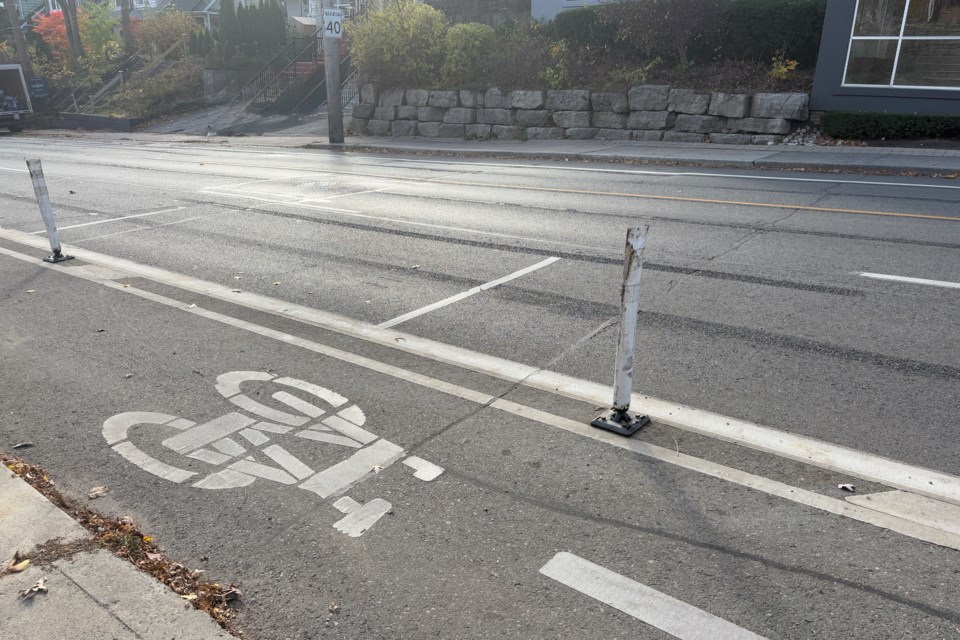The fight over Toronto’s bike lanes continues onward as city councillors on Thursday voted 21-4 in opposition of the provincial government’s Bill 212.
The controversial bill, called “The Reducing Gridlock, Saving You Time Act,” details Premier Doug Ford’s Progressive Conservative government’s plan to block municipalities from creating new bike lanes that would overtake a lane of car traffic.
A regulatory proposal linked to the bill signals the PCs also intend to rip out bike lanes along Bloor Street, Yonge Street and University Avenue in Toronto. Doing so could cost $48 million, according to a staff report published earlier this week.
The premier’s office has disputed the city’s figure and the province has said the Ministry of Transportation would cover the cost, whatever it may be.
Bill 212 was tabled in late October and could pass by the end of the month. Its purpose, according to Ford, is to improve traffic congestion in the city.
Cyclists, road safety experts and many councillors have hotly opposed the legislation, arguing Ford's plan is a waste of taxpayers' money, oversteps into municipal jurisdiction and will make cycling less safe.
City council voted to pass a motion from Mayor Olivia Chow this week that contends Bill 212 “contradicts” the City of Toronto Act, which allows the city to determine what is in the public interest.
Council agreed to ask the provincial government to “work collaboratively” to improve congestion, maintain road safety and manage bike lanes.
The motion against Bill 212 also saw councillors agree to request a summary on what legal action the city could potentially take to combat the legislation.
In an amendment from Deputy Mayor Mike Colle, council voted to direct Toronto city manager Paul Johnson to report on the feasibility of placing signage on city roads where bike lane removals cause traffic delays.
Colle wants those signs to read: "This road congestion and traffic delay is the result of Premier Ford's Bill 212.”
His amendment passed by a vote of 14-13.
According to the city staff report, removing bike lanes along Bloor Street between Spadina Avenue and Avenue Road would mean four months of construction with only one car lane open in each direction, then another four months with only one car lane in one direction, and a month-long closure of the St. George Street and Bloor Street intersection.
Removing the lanes along University Avenue between College and Dundas streets would take nine months and would result in a single open southbound lane.
Chow, an avid cyclist, has been staunch in her position on bike lanes.
“No matter where you stand, whether you support bike lanes or you don’t support them, I think it is very important that this council and the people of Toronto have the respect they deserve,” she told council.
However, Chow told a radio show host earlier this week that she is open to rejigging the road infrastructure on Bloor Street West in Etobicoke where new bike lanes have angered some members of the local community.
